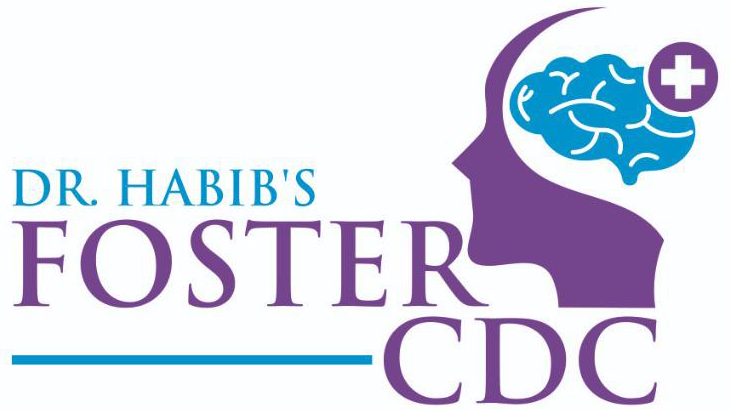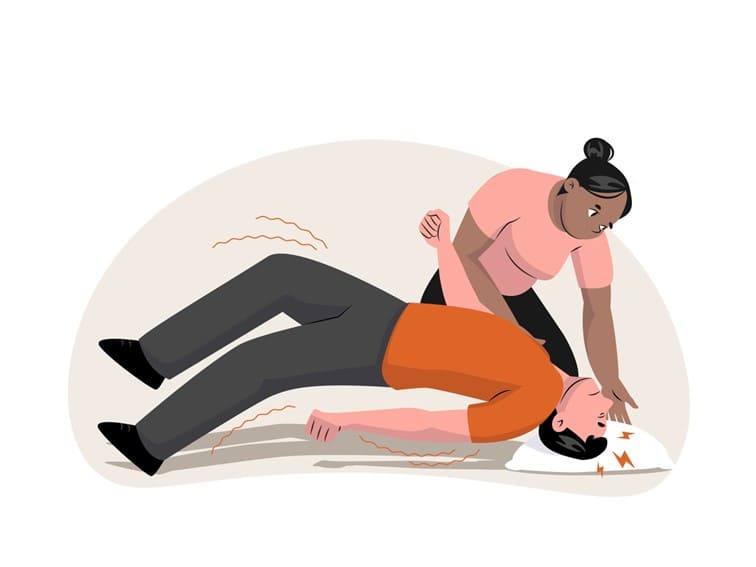Frequently Asked Questions about Epilepsy
What causes epilepsy?
In the majority of the people – even in children, the cause of epilepsy is unknown (idiopathic). Such type of epilepsy is known as cryptogenic epilepsy.
However, there are different conditions which could cause epilepsy. These conditions affect a person’s brain. They include the following:
- Head injury or traumatic brain injury
- Brain tumour
- Brain stroke
- Brain infections – both bacterial, parasitic and viral including dengue, zika, influenza, malaria, neurocysticercosis.
- Alzheimer’s disease – a neurological disorder
- Down Syndrome in children (a genetic disorder)
- Loss of oxygen to the brain (for example, during birth).
For more information about the causes of epilepsy, see …
The next most frequently asked questions about epilepsy is…
Why do people get epilepsy?
In the majority of the cases, the cause of epilepsy is unknown, but there are some of the causes which could increase the risk of developing epilepsy:
- Developmental disorders
- Brain disorders
- Neurodevelopmental disorders
- Genetic disorders
- Lack of oxygen to the brain
- Hydrocephalus (excess water in the brain cavities)
- Meningitis – brain infections and infections of the brain coverings
- Febrile seizures due to high fever
- head injury
For more information: Refer to the risk factors for epilepsy
What is the best treatment for epilepsy?
Doctors prescribe medicines (anti-epileptic drugs or AEDs) to treat children with epilepsy. The objective of the anti-epileptic medicines is to stop or reduce the number of seizures, but not to cure epilepsy. A number of epilepsy medicines are available, but paediatric neurologists prescribe medicine to a child with epilepsy based on their age, sex, the nature and type of symptoms and seizures they have and other associated medical conditions.
How long Do Seizures usually last?
Seizures usually long for a few seconds to a few minutes and sometimes go beyond a few minutes and may last for around 5 minutes and more. It actually depends on the type of seizure one has.
Majority of the seizures in children last only for a few minutes, but the cause for concern for the parents is when seizures last longer than usual or occur repeatedly (one after another). Seizures lasting longer than normal and recurrent seizures can increase the risk of a life-threatening seizure. Therefore, when you witness such seizures in your child, you must immediately seek medical help.
If I have seizure does that mean I have epilepsy?
It is not always true that if you have a seizure – it means you have epilepsy. You can have seizures due to other causes and medical health issues – such as drug withdrawal, low blood glucose levels and a high fever.
What are the different types of seizures or epilepsy?
Seizures can be broadly classified as follows:
Generalized seizures: these types affect both the sides of the brain.
Focal seizures: These are also known as partial seizures. They affect just one area of the brain (focal seizures).
In addition to the above two types of seizures, a person with epilepsy can have more than one type of seizure. To know more about different types of seizures click here: Types of Seizures
What are some ways to prevent seizures?
The following are some of the common ways of reducing the risk of epilepsy:
- By preventing brain injuries, we can prevent epilepsy
- Better management of migraines, heart disease and stroke can lower the risk of epilepsy
- Keep a track of all your vaccinations
- Certain brain infections like meningitis and cysticercosis can be prevented by preparing food safely. These infections can increase the risk of epilepsy
- Prenatal care is important
- Some health issues during pregnancy can increase the risk of epilepsy in children.
- Follow a prenatal care plan with your health care provider to keep you and your baby healthy.
How Do I find an Epilepsy specialist?
There are several ways you can find an epilepsy specialist near you. If you have come to know about epilepsy from your primary health care provider then he or she can tell you more about paediatric neurologists, epilepsy specialist and other specialists.
Another most frequently asked questions about epilepsy
Can a Person Die from Epilepsy?
A person cannot die due to epilepsy alone. Majority of children and adults lead a full and comfortable life. But the best bet would be to learn the best possible means of controlling and managing seizures and living safely. By doing so, the risk of epilepsy-related death can be reduced.
If a person has a brain tumour or propensity to get a stroke, then there is an increased risk of death associated with these conditions – as they can cause seizures and severe health issues and complications.
There is however a possibility and potential risk of early death in some cases. For instance, falls and serious health conditions like brain strokes can increase the risk of death. Injuries resulting from falls can also increase the risk of early death due to life-threatening complications.
Sometimes – certain seizures can last for more than 5 minutes and still longer. This type of seizure is known as status epilepticus. Those who suddenly stop taking seizure medicines can suffer from this condition.
In very rare cases, Sudden Unexpected Death in Epilepsy (SUDEP) can happen.
Learn More about SUDEP here
But doctors suspect that the cause could be due to alterations in heartbeats (heart rhythm) during a seizure. Sudden death due to changes in the heart rhythm can also happen in those who have not had seizures before.
Experts have not yet understood why people die unexpectedly (SUDEP) and even don’t know exactly what causes it. However, sudden death risk is huge for people with major uncontrolled seizures.
Other frequently asked questions about epilepsy...
I have epilepsy, can I still drive a car?
No licensing authority in the world can issue a driver’s license to a person who has epilepsy. If the person provides an authentic medical proof signed by a specialist doctor – which states that he or she has not had a seizure for at least a year and more, then the authorities may issue driver’s license to him or her – it all depends on the authorities, rules and regulations of that country.
In addition, attested medical certificate must also state that the seizures don’t distract the person from driving; don’t affect much as they happen during night (nocturnal seizures); seizures come with warning signs which alerts that person – and so on.
If I have epilepsy, Can I still exercise and play sports?
Exercise is not a risk factor for epilepsy as it rarely triggers seizures.
Persons with epilepsy can play safe sports. They should avoid sports that can increase the risk of injury or high-risk sports like football, hockey, and cricket. They can safely play other sports. They are, in fact, good for overall health – emotional, mental and physical well-being. In fact, regular exercise may improve seizure control.
Are there any special concerns for women who have epilepsy?
Or
Can a woman with epilepsy prefer pregnancy or avoid it altogether?
Epilepsy poses some challenges for women. During her periods a woman can have increased frequency of seizures than normal due to hormonal and emotional changes.
Even pregnancy can be a cause for concern for a woman with epilepsy as she has to face special challenges. With seizures, she has to take seizure medicines during pregnancy – which could increase the risk of harm to her baby. If a woman with epilepsy plans to get pregnant, she should talk to her epilepsy specialist and other specialists who are taking care of her and talk to them about the best possible ways of taking care of herself and her baby.
What can I do to manage my epilepsy?
Parents can take care of their child better than anyone else. Try to learn about the management of epilepsy and ensure the complete and full life of your child. Follow the below tips:
- Take medicines as directed by your doctor
- Lower anxiety, stress and mood swings of your child by talking to your doctor
- Keep a track of all seizures – and record every single detail
- Ensure that your child sleep is sound
- Try to identify seizures triggers and then discuss with your child neurologist.
- Ask as many questions as possible to your doctor and follow your doctor’s advice.
All the above are the most common frequently asked questions about epilepsy


